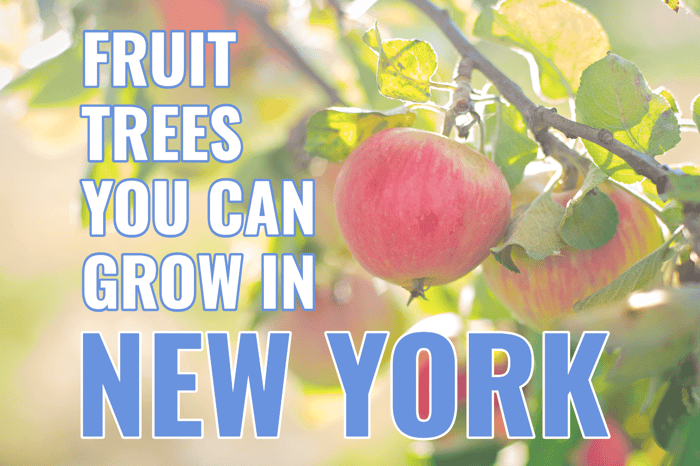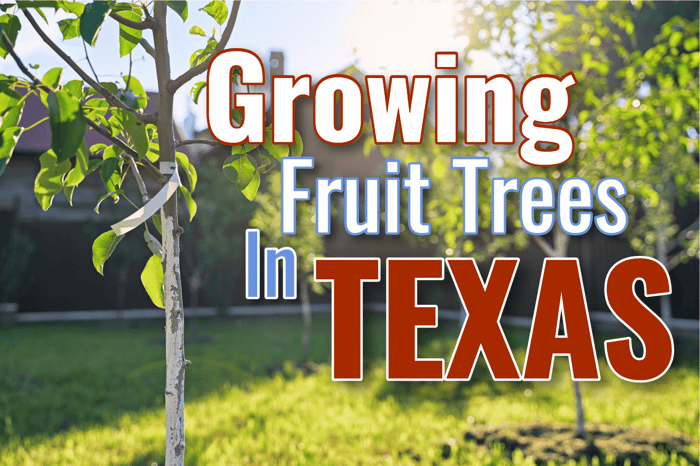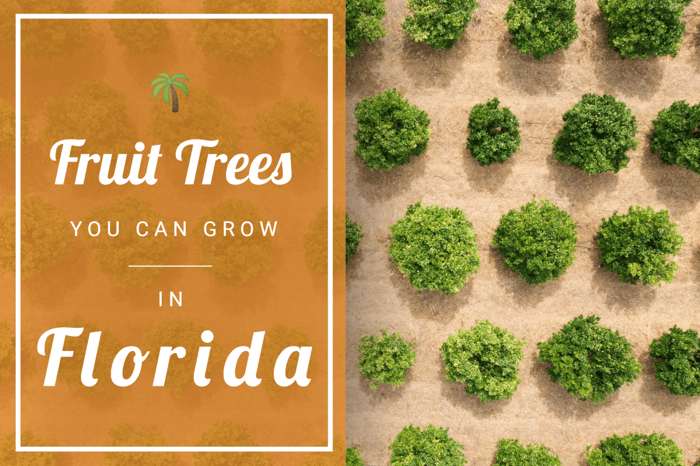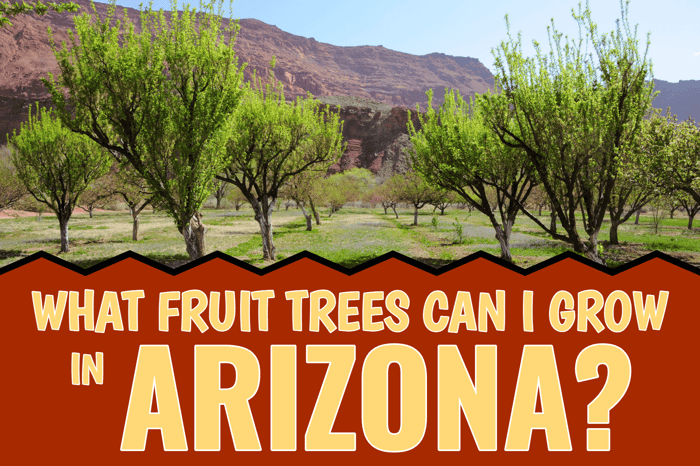So you want to grow fruit trees in New York but aren't sure what will grow well? Here are some recommendations for growing fruit trees in New York.
New York climate is generally warm summers and cold winters, along with crisp, cool spring & fall seasons. There is a lot of potential for a wide variety of fruit trees. Upstate New York, however, experiences much longer and colder winters than those conditions seen in Downstate New York. Zones vary from 3b (-35°F) to 7b(5°F) at the coldest temperature, which means tropical trees such as avocados and citrus should only be grown indoors or in movable containers, and at your own risk. For the most success, we will stick to recommendations of cold hardy trees and shrubs.
Apple Trees:
With a state nicknamed The Big Apple, how can we start with anything other than the humble apple tree. New York state is the home to more than 700 apple orchards that produce over 600,000 tons of apples annually making them the second-largest producer of apples in the US. The apple also happens to be the state fruit. All that said, apples grow well in New York. Cold winters and warm summers make for a perfect apple-growing climate. Check out Pink Lady, Fuji and Honeycrisp, which all have exceptional flavor and fine texture.
Cherry Trees:
Cherry Trees are incredibly cold tolerant and can be grown throughout New York State. The sour cherry Montmorency is the most cold-hardy recommendation in our lineup, and sweet varieties like Bing, Black Tartarian, and Stella will also grow but require more heat to produce sweet fruit.
Pear Trees:
Growing pear trees in New York is much like apples are well adapted to the cold New York climate. Varieties such as Bartlett, D'Anjou, and Warren pears have proven themselves to produce well. Asian pear varieties (Hosui, Shinseiki, and 20th Century) otherwise known as apple-pears because of their crisp apple-like texture are also great additions to the backyard orchard.
Grape Vines:
To successfully grow grapevines in New York you need to consider your micro-climate. There are a few known regions in NY that provide adequate heat for producing grapes. These include the Hudson River region, Long Island, the Finger Lakes, and the Lake Erie region. All four of these regions are near large bodies of water which acts as a heat battery that helps to keep the surrounding area warmer throughout the season. One of the most cold-hardy varieties proven to produce well in New York is the Concord Seedless Grape. It is a versatile grape that can be used in juices, jellies, or eaten fresh.
Blueberry Bushes:
Growing Blueberries in Downstate New York is easy so long as you are selecting a northern highbush variety. These are specially selected for their cold tolerance and require more chill hours to produce fruit. It is recommended that you get at least two varieties so they can increase pollination rates. The Bluecrop blueberry is one of the best producing berries and has excellent flavor. Pink Lemonade is another wonderfully unique northern highbush variety with incredible pink color and sweet flavor.
Fig Trees:
Growing Fig Trees in New York is possible only in the warmest parts and even still with protection in the winter. Any temperatures below 15°F-25°F will begin to harm your tree and can even be fatal. It is recommended that growers provide protection from the cold in the winter or grow in a container so that you can bring the tree inside by a south-facing window if you see that temperatures will drop below 15°F-25°F.
Avocado Trees:
Growing avocado trees in New York is incredibly difficult as, they need year-round sun, and can not withstand the regular freezing temperatures of the region. You can try growing avocados indoors in pots as another option but you will need a very large container (minimum 40gal) to provide enough space for the sprawling root system. Low vigor, dwarf varieties like Little Cado & Holiday produce smaller trees that are said to be easier to keep in pots. It is certainly an incredible challenge but not impossible. This is relatively uncharted territory and your mileage will vary.
Citrus Trees:
Everyone loves a small compact tree that will fruit in their space. The perfect solution is the citrus tree. Citrus trees are beautiful evergreen trees that look great year-round and have little to no mess to clean up after. Citrus can be grown as indoor/outdoor plants. Keeping these delightful trees indoors can be a bit of a challenge but incredibly rewarding. Growing Citrus Trees in New York certainly possible in containers. Much like avocados, your Lemons, Limes, Mandarins, and Grapefruit trees will need to be protected from temperatures below 32°F and should be brought indoors before the freezing temperatures hit. You can also keep your citrus tree inside year-round as a house plant! Cold hardy varieties such as Bearss Lime, Thai Lime, Calamondin, Meyer Lemon, and all kumquats are excellent choices because of their beautiful leaf structure, color, and lower tree vigor. Check out growing citrus for more info.
Citrus Indoor Growing Tips:
Growing citrus trees indoors is such a treat. How many other New Yorkers can say they can enjoy freshly picked citrus from their home? Since citrus is evergreen, citrus trees do not go dormant during the winter and should always be kept in a south/southwest-facing window when indoors to provide adequate light. Supplemental light may be necessary for some circumstances where a south-facing window is not an option. Citrus trees can be picky when it comes to water as they prefer infrequent, deep watering. So only water your tree once the top few inches of soil have completely dried out. Lastly, indoor-grown citrus has no natural beneficial insects to help clean them up so annual or biannual spraying of organic horticultural oil is recommended to keep your tree in top shape. Learn more on overwintering your citrus trees and how to transition your citrus trees outdoors in the spring.




